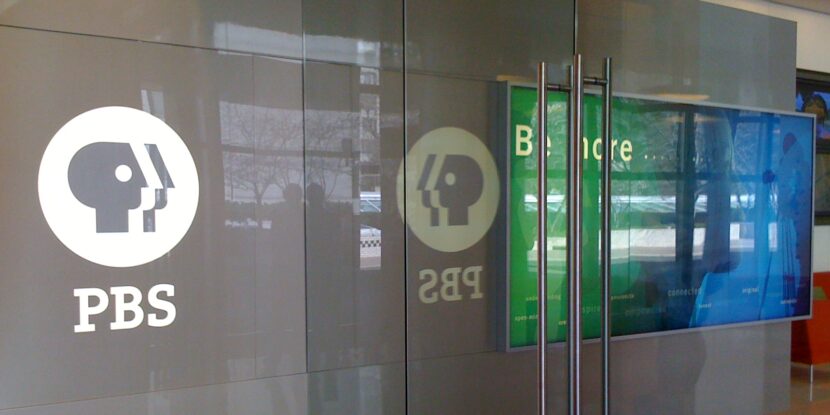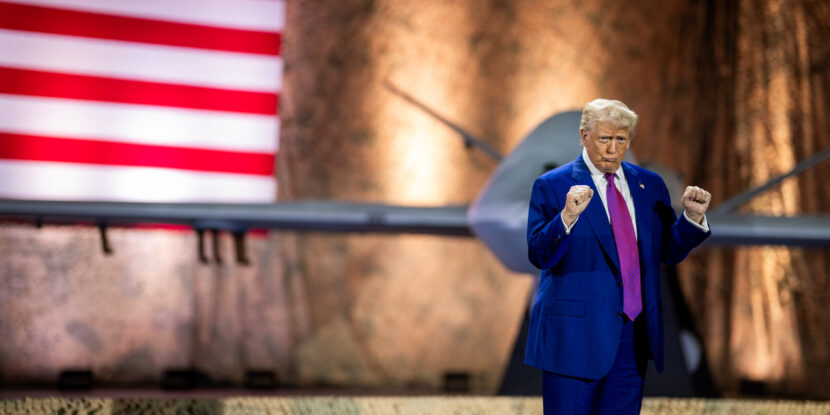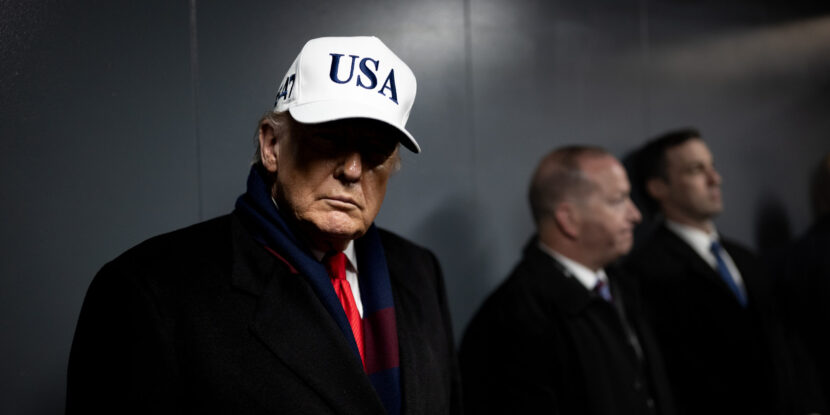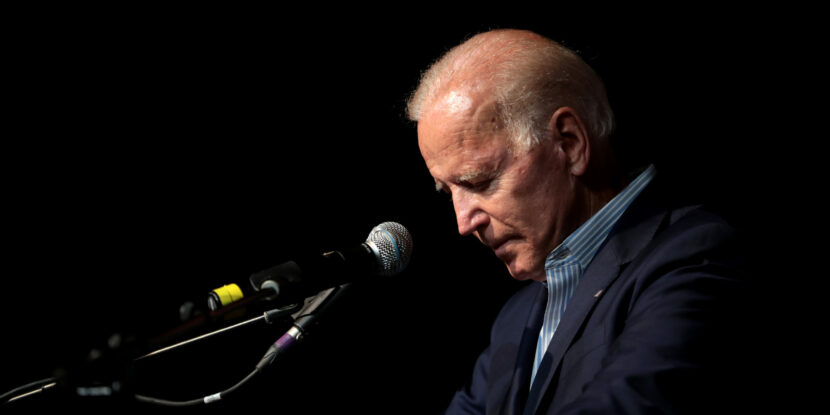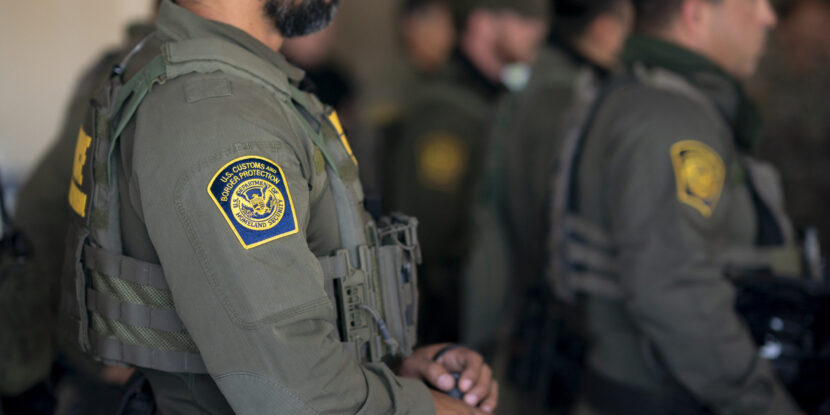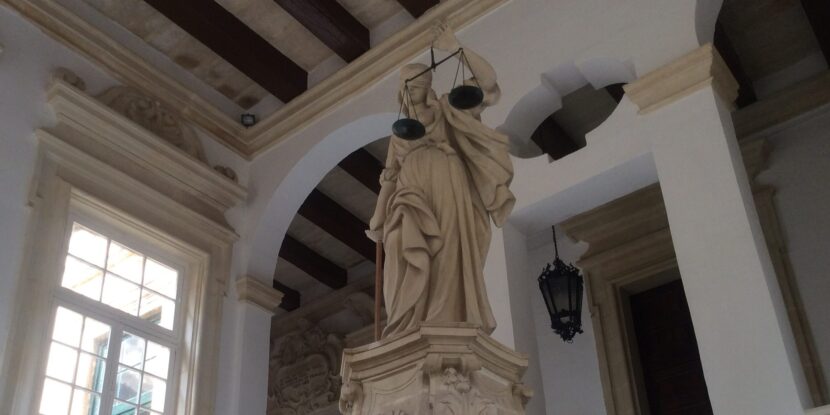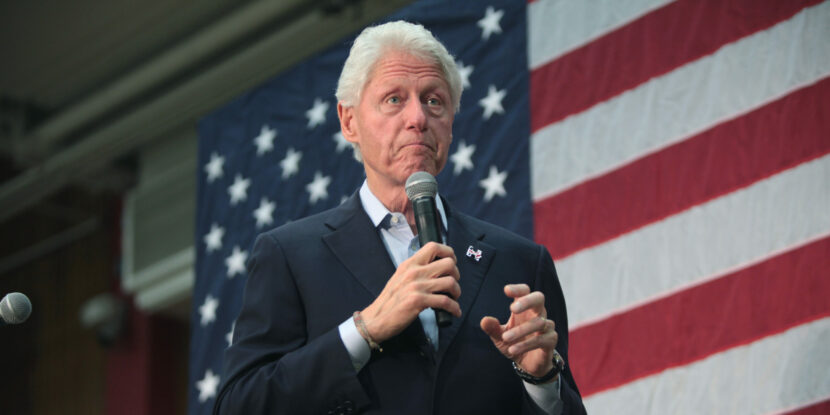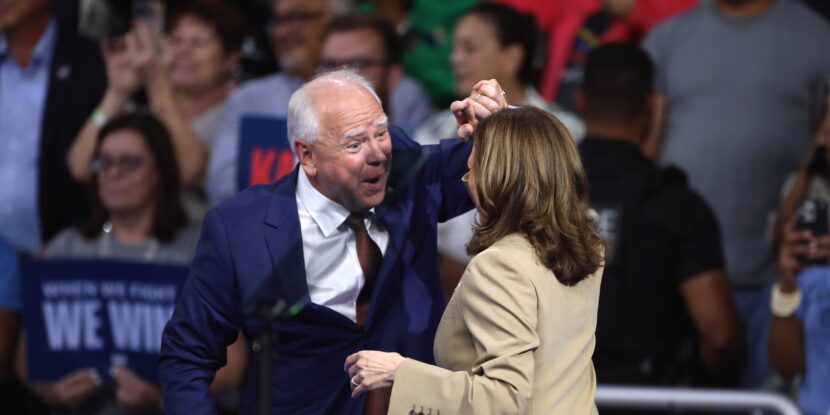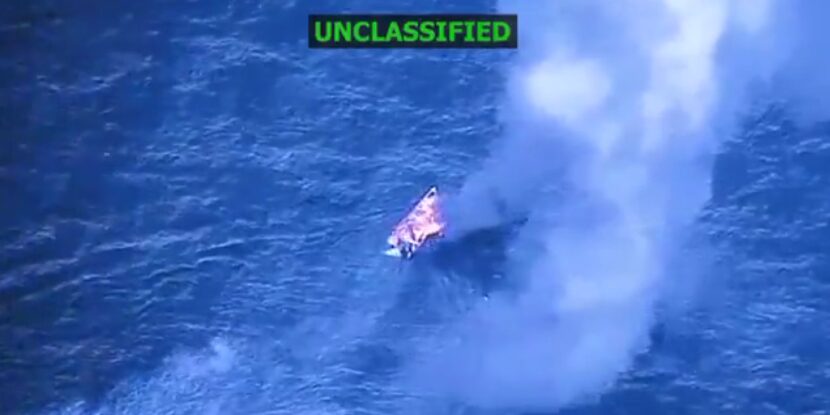PULSE POINTS:
❓What Happened: President Donald J. Trump signed an Executive Order late Thursday directing the Corporation for Public Broadcasting (CPB) to halt both direct and indirect federal funding for public broadcasters NPR and PBS.
👥 Who’s Involved: President Donald J. Trump, the Corporation for Public Broadcasting (CPB), National Public Radio (NPR), Public Broadcasting Service (PBS).
📍 Where & When: The Executive Order was signed by President Trump late on Thursday, May 1.
💬 Key Quote: The Trump White House contends NPR and PBS are “entities that receive tens of millions of dollars in taxpayer funds each year to spread radical, woke propaganda disguised as ‘news.'”
⚠️ Impact: The action eliminates federal financial support for NPR and PBS. Currently, direct federal funding accounts for about one percent of NPR’s budget and 15 percent of PBS’s, plus further funding by indirect means.
IN FULL:
President Donald J. Trump issued a new Executive Order late Thursday that ceases federal funding for National Public Radio (NPR) and the Public Broadcasting Service (PBS). The order directs the government-funded Corporation for Public Broadcasting (CPB) to halt all direct and indirect support for the two public broadcasters, contending they are “entities that receive tens of millions of dollars in taxpayer funds each year to spread radical, woke propaganda disguised as ‘news.'”
“No media outlet has a constitutional right to taxpayer subsidies, and the Government is entitled to determine which categories of activities to subsidize. The CPB’s governing statute reflects principles of impartiality: the CPB may not ‘contribute to or otherwise support any political party,'” the Executive Order states, arguing: “The CPB fails to abide by these principles to the extent it subsidizes NPR and PBS. Which viewpoints NPR and PBS promote does not matter. What does matter is that neither entity presents a fair, accurate, or unbiased portrayal of current events to taxpaying citizens.”
The presidential directive instructs “the CPB Board of Directors (CPB Board) and all executive departments and agencies (agencies) to cease Federal funding for NPR and PBS.” Specifically, the CPB has been told to halt all indirect federal funding for public broadcasters, including ancillary funding for “licensees and permittees of public radio and television stations.” Additionally, the executive order directs the heads of other federal agencies to “identify and terminate, to the maximum extent consistent with applicable law, any direct or indirect funding of NPR and PBS.”
Both NPR and PBS have been embroiled in recent media controversies, facing allegations of partisan political bias in their news coverage. In March, the current NPR CEO, Kathrene Maher, admitted while testifying before Congress that the publicly funded broadcaster failed to adequately cover the Hunter Biden laptop story in 2020. “I do want to say that NPR acknowledges we were mistaken in failing to cover the Hunter Biden laptop story more aggressively and sooner,” Maher said, noting she was tapped to lead the public broadcaster well after the controversy.
In April last year, NPR faced internal pushback from veteran editor Uri Berliner, who published a scathing criticism of the news organization in The Free Press. Berliner alleged that NPR had abandoned any pretense of objective journalism and instead had become a willing mouthpiece for partisan propaganda pushed by the likes of Democrat lawmaker Adam Schiff (D-CA). After receiving a five-day suspension from Maher over the commentary, Berliner resigned from his role as an editor with NPR, stating: “I cannot work in a newsroom where I am disparaged by a new CEO whose divisive views confirm the very problems at NPR I cite in my Free Press essay.”
Meanwhile, PBS falsely reported last year that President Trump wants to ‘purge’ LGBTQ people from America. During a news segment, PBS anchor William Brangham claimed that Trump planned on “rolling back the rights of millions of LGBTQ people.”
